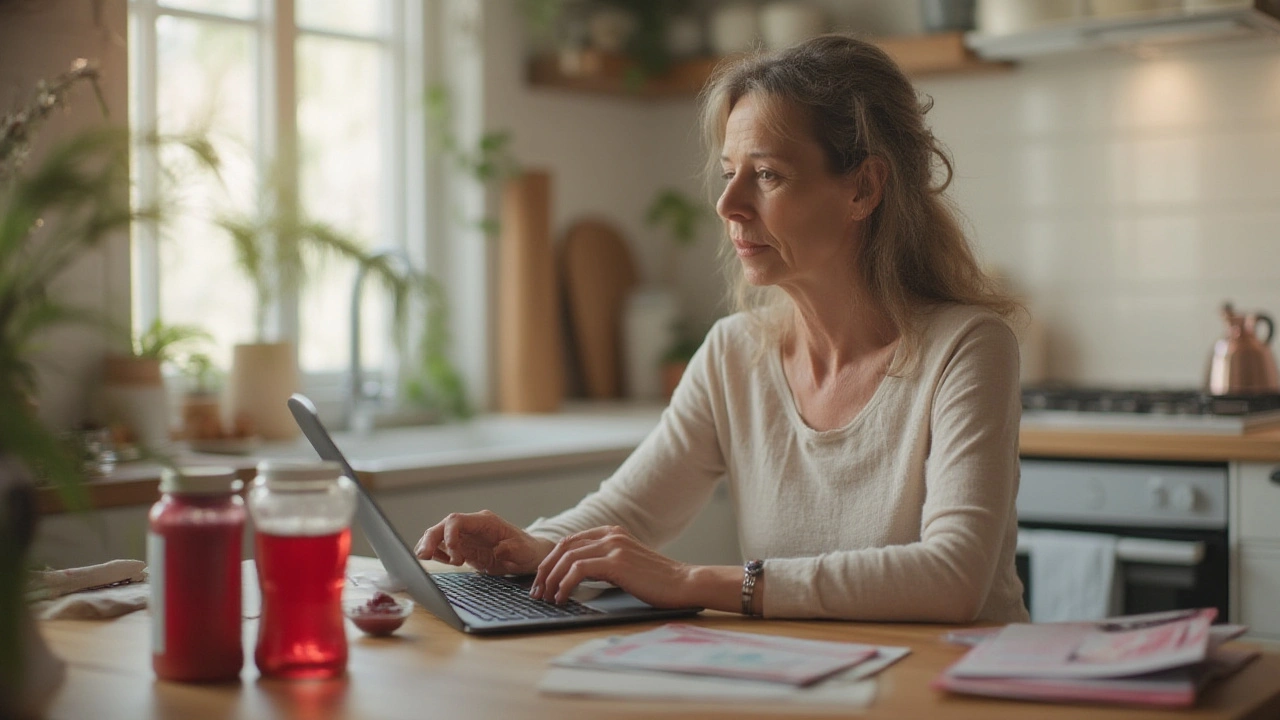Bladder Health: Simple Tips to Keep Your Urinary System Happy
Your bladder may seem like a low‑key organ, but it does the hard work of storing urine until you’re ready to go. When it’s healthy, you barely notice it. When it’s not, you feel urgency, pain, or leaks. The good news? Most bladder issues can be eased with a few everyday habits.
Everyday Habits for a Strong Bladder
First off, drink enough water. Aim for about 6‑8 glasses a day unless your doctor tells you otherwise. Staying hydrated dilutes urine and helps flush out bacteria that cause infections. If you sip too much caffeine or alcohol, you’ll notice more trips to the bathroom – both are bladder irritants, so keep them moderate.
Next, watch your bathroom schedule. Going when you first feel the urge, rather than holding it for hours, trains the bladder to empty fully and reduces pressure. Try to avoid “just in case” bathroom trips that make you stand up and sit down without a real need – that can weaken bladder muscles over time.
Nutrition matters too. Foods rich in fiber like fruits, veggies, and whole grains prevent constipation, which can press on the bladder and cause urgency. On the flip side, spicy foods, artificial sweeteners, and citrus can irritate the bladder lining for some people, so keep an eye on what triggers discomfort for you.
Spotting Trouble Early: When to Seek Help
Most bladder problems start with a simple sign: a change in how often you go, a burning feeling, or a sudden urge that’s hard to control. If you notice blood in the urine, a fever, or pain that doesn’t go away, it could be an infection or a stone – call a doctor right away.
Overactive bladder (OAB) feels like a constant need to pee, often at night. Simple pelvic floor exercises, called Kegels, can strengthen the muscles that hold urine. If you try Kegels for a few weeks and still have leaks, a medical professional can suggest medication or therapy.
Incontinence isn’t just an old‑person issue. Pregnancy, weight gain, and certain meds can cause leaks too. Talk to a pharmacist or doctor about adjusting doses or trying bladder‑training programs before you accept it as “normal.”
Regular check‑ups matter. A quick urine test during a routine visit can catch infections before they become painful. If you have a history of kidney stones, keep a log of any sharp pains and share it with your doctor – early detection can prevent bigger problems.
Quick self‑check: notice any new urgency, nighttime trips, or a weak stream? Write it down for a week, then discuss it with a health professional. Having clear notes helps the doctor pinpoint the issue faster.
Bottom line: keep hydrated, limit bladder irritants, move when you need to go, and stay aware of any changes. Small tweaks now can spare you big discomfort later.

Natural Remedies for Urinary Retention: Facts, Myths, and Real Results
Uncover the truth about natural remedies for urinary retention. Explore potential aids, what actually works, and how to avoid common pitfalls—practical advice you can trust.